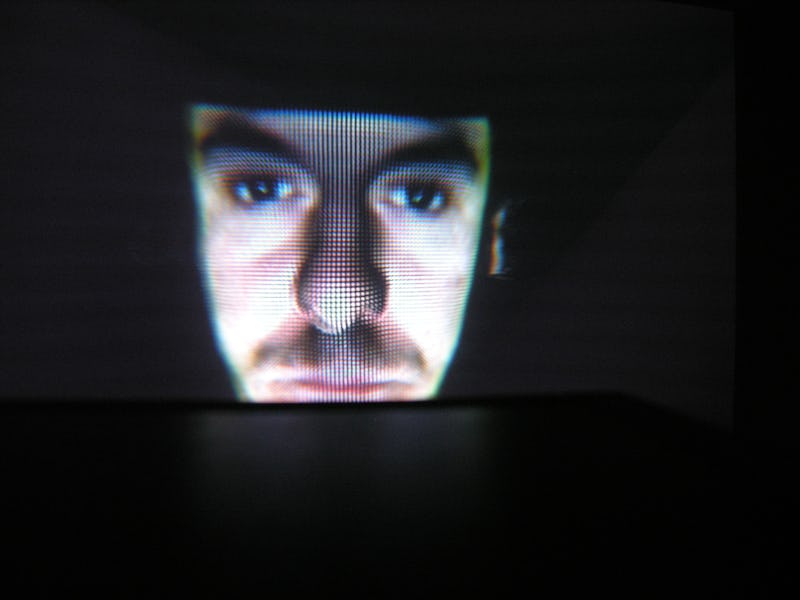A system that claims to be able to detect whether a person is heterosexual based on a face scan has drawn intense criticism from experts, with some highlighting the flaws in the original research and others noting the serious implications of its claims.
“It’s certainly unsettling,” Nick Rule, associate professor of psychology at the University of Toronto, told The Guardian. “Like any new tool, if it gets into the wrong hands, it can be used for ill purposes. If you can start profiling people based on their appearance, then identifying them and doing horrible things to them, that’s really bad.”
The project was conducted by two Stanford University researchers, Michal Kosinski and Yilun Wang. Their paper was published Friday in the Journal of Personality and Social Psychology. The system was given 35,326 facial images pulled from dating sites that were used to identify features. The study claims that, when given an image of a face, the system could distinguish between a gay or heterosexual man in 81 percent of cases. For women, the rate was 74 percent.
Some have voiced concerns about the team’s focus on accuracy, considering the notable flaws in the study. It didn’t include transgender people and people of color, nor were other sexual orientations beyond straight and gay considered. That the images came from dating sites also suggests potential cultural factors that the paper elides.
But many of the fiercest criticisms of the paper would be unaffected even if its methodology was watertight.
“The potential consequences of this aren’t thought out,” Ellen Broad, an associate at the Open Data Institute, said on Twitter. “The consequences of an A.I. that incorrectly ‘predicts’ a person’s sexuality.”
Broad also criticized the paper’s conclusion that the world is ultimately moving toward a “post-privacy” future, which “will be a much safer and hospitable place if inhabited by well-educated, tolerant people who are dedicated to equal rights.”
The paper claims that the findings fit with the prenatal hormone theory of sexual orientation, which states that orientation is shaped during development in the womb. The researchers claim that gay men and women usually had “gender-atypical facial morphology, expression, and grooming styles.”
“Those findings advance our understanding of the origins of sexual orientation and the limits of human perception,” the study argues. “Additionally, given that companies and governments are increasingly using computer vision algorithms to detect people’s intimate traits, our findings expose a threat to the privacy and safety of gay men and women.”
But Richard J Anderson, a technology writer at Sanspoint, questioned why the project needed to be developed in the first place.
“Chechnya is trying to run out or kill gay men,” Anderson said on Twitter. “And it’s not the only place trying to, either. Putin would LOVE this tech.”
Vincent Ferrera, a neuroscientist at Columbia University, quoted Jeff Goldblum’s character from Jurassic Park: “Your scientists were so preoccupied with whether they could, they didn’t stop to think if they should,” he posted on Twitter.
